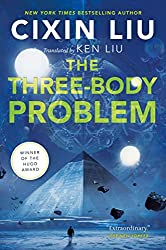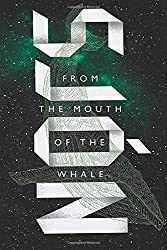
Rating: 8.7/10.
[WARNING: SPOILERS!]
In this novel, a Chinese women, Shu Wen from Suzhou, travels to Tibet to search for her missing husband. This was in 1958, when the Chinese Communist Party annexed Tibet. On the way there, she picks up a Tibetan woman, Zhuoma. They get into some trouble in the mountains and meet a Tibetan family, and gradually Wen integrates into the Tibetan culture and learns the language and customs. Time passes by quickly and before you realize it, 30 years has passed while they have practically no information from the outside world. In the end, Wen does find out what happened to her husband through his diaries, but it’s a bittersweet sort of ending as her world is changed unrecognizably and her husband is dead.
The author makes it ambiguous whether this is a work of fiction or it actually happened — all the facts seem believable, other than somehow not finding out about the great famine and cultural revolution for decades. A lot of interesting Tibetan customs are explained: their nomadic lifestyle, polyamorous family structure, buddhist religious beliefs, and their practice of sky burial which lets vultures eat their dead. The relationship between the Chinese and Tibetan has always been a contentious one, and in this book they form a connection of understanding between the two ethnic groups.
Tibet seems like a really interesting place that I should visit someday. However, it’s unclear how much of their traditional culture is still accessible, due to the recent Han Chinese migrations. Also, it’s currently impossible to travel freely in Tibet without a tour group if you’re not a Chinese citizen.



